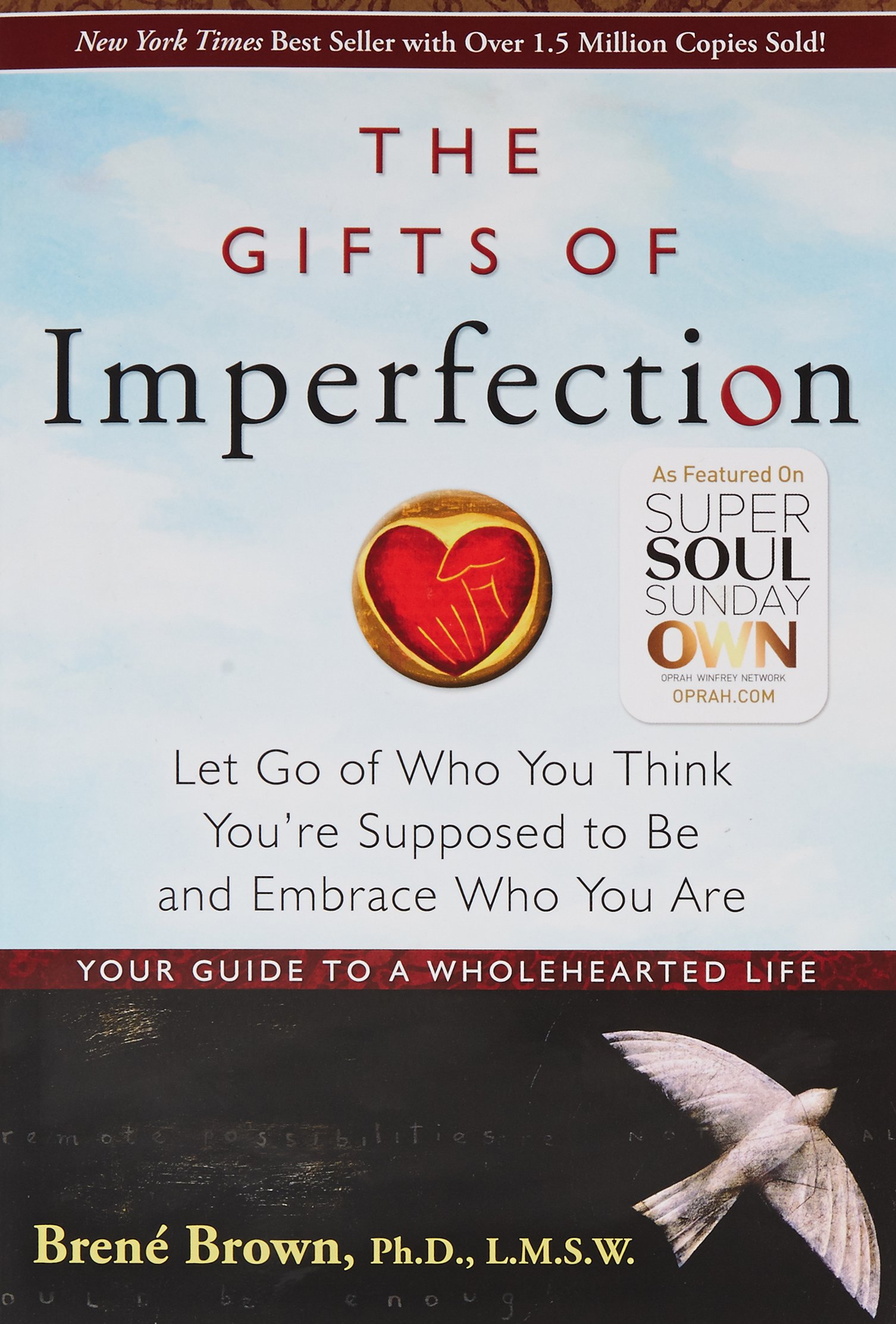Marli Mayon
Daneel Knoetze
Mehrin Mansoori
Its often said that Facebook, as a community or ‘nation’, rivals the size of the most populous nation states in the world. As with online communities, which have linked people together by online platform and sub-genres of interest, the cultural revolution of vegetarianism has given millions of people an alternative identity which, in some cases, can rival their national ties… especially national ties as they pertain to culinary cultures.
We set out our evening with the question: what are the quirks and peculiarities of a truly traditional South African, Pakistani and American culinary culture? What can we learn from one another and our mutual, yet nationally distinct, habits of hospitality and socializing around food?
As it were, this focus was undone with a simple realisation. As vegetarians in national cultures which overwhelmingly favour diets based on meat, we found that we had more in common with one another, than with the cultural eating habits in our home countries.
In South Africa, a country founded on the mythologies of hardy frontier farmers and African cultures similarly obsessed with cattle and meat as the basis for wealth and culinary delight, becoming a vegetarian is a choice that implicates one in a full on culture clash. Ignorant family members, friends and clansmen, may ridicule the decision at social gatherings. They make the most mundane and ill-informed queries: do plants not have feelings? Is a vegetarian diet not devoid of protein, and nutrition generally?
Similarly in Pakistan, a culture where meat dishes are celebrated and cherished general concept if you are eating vegetables is that either you have medical condition which impose dietary restriction or maybe you are one of those few who do not enjoy the taste of meat. It is not the easiest thing in the world to be a vegetarian in Pakistan but it is not an impossible task, as their are people who are managing it. Even despite all this people in gatherings are considerate of their vegetarian friends and family, and cook for them seperate dishes.
In the United States, a culture traditionally known for it’s pride in “meat and potatoes” has since adapted well to the vegetarian and vegan lifestyle, with many restaurants and even culinary schools specializing in this type of diet. While a hamburger and french fries still holds closely to the American way of life, documentaries such Cowspiracy the environmental impact of a the factory farm industry and thus a meat eating diet is emphasized, further deterring American carnivores from the lifestyle through factual information.
“Be the change you want to see in the world” is well-known quotation attributed to the father of Indian independence and champion of pacifism as a tool for the oppressed Mahatma Ghandi. Less well known, is that Ghandi was also one of the founders in the modern vegan movement. His philosophy of non-violent resistance for equality and self-determination in the face of oppression extended to animals as well.
And, this is a philosophy that each of us have subscribed to. We see the ongoing struggle for civil liberties, social and environmental justice to be closely linked to the case for animal rights. While each of our emphasis within the vegetarian diets may be different, we’re all motivated by a desire to have our actions and lifestyles to be direct contributors to a better world.
Marli remembers grimacing and gagging from a young age when her mom would prepare meals that included any sort of red meat in the dish. Later, through, she came to realize that her aversion to meat was an act of political rebellion against a society poisoning itself and its environment through an insatiable appetite for meat. Despite her father owning a restaurant, known for it’s chicken wings, Marli refused to eat the meat, from the age as young as 4, because of her natural aversion to the food. As Marli grew up and became environmentally aware and a sustainability major, her disinterest in meat was further emphasized because of the information she came to learn of the carbon foot print of the livestock industry.
Daneel recalls seeing sheep being slaughtered on the family and Mehrin remembers several heads of goats at a butcher shop in London as a distinct turning point. They are more motivated by the immediacy of compassion towards the animal, injured and afraid, that faces the butcher’s cleaver.
“My body will not be a tomb for other creatures,” Mehrin sums it up with the quote from Leonardo di Vinci.
Daneel and Mehrin enjoyed meat once upon a time. Marli always abhorred it. We had different preferences: Mac n Cheese, vegan spinach lasagne and paneer tikka. But, for the nuance in our differences, it was our commonality that bound us together in common purpose and understanding.
Each of us, without knowing priorly that we were of similar inclination, brought something vegan or vegetarian to the table: celery infused potato salad, vegetarian burgers and green salad. And with what we had in common firmly established our other differences became less important.
Cultural differences took the backseat and ‘being a vegetarian in our respective cultures’ become a focal point of our gathering, in discussion and participation. An evening worth remember for all three of us, where we came together through blogging assignment and discovered how one of our motivation in life has transcended borders despite the fact that we all come from disparate socio-cultural environment.


I love how you use Facebook to start then walk your readers to only platform then get them into your piece. 😀